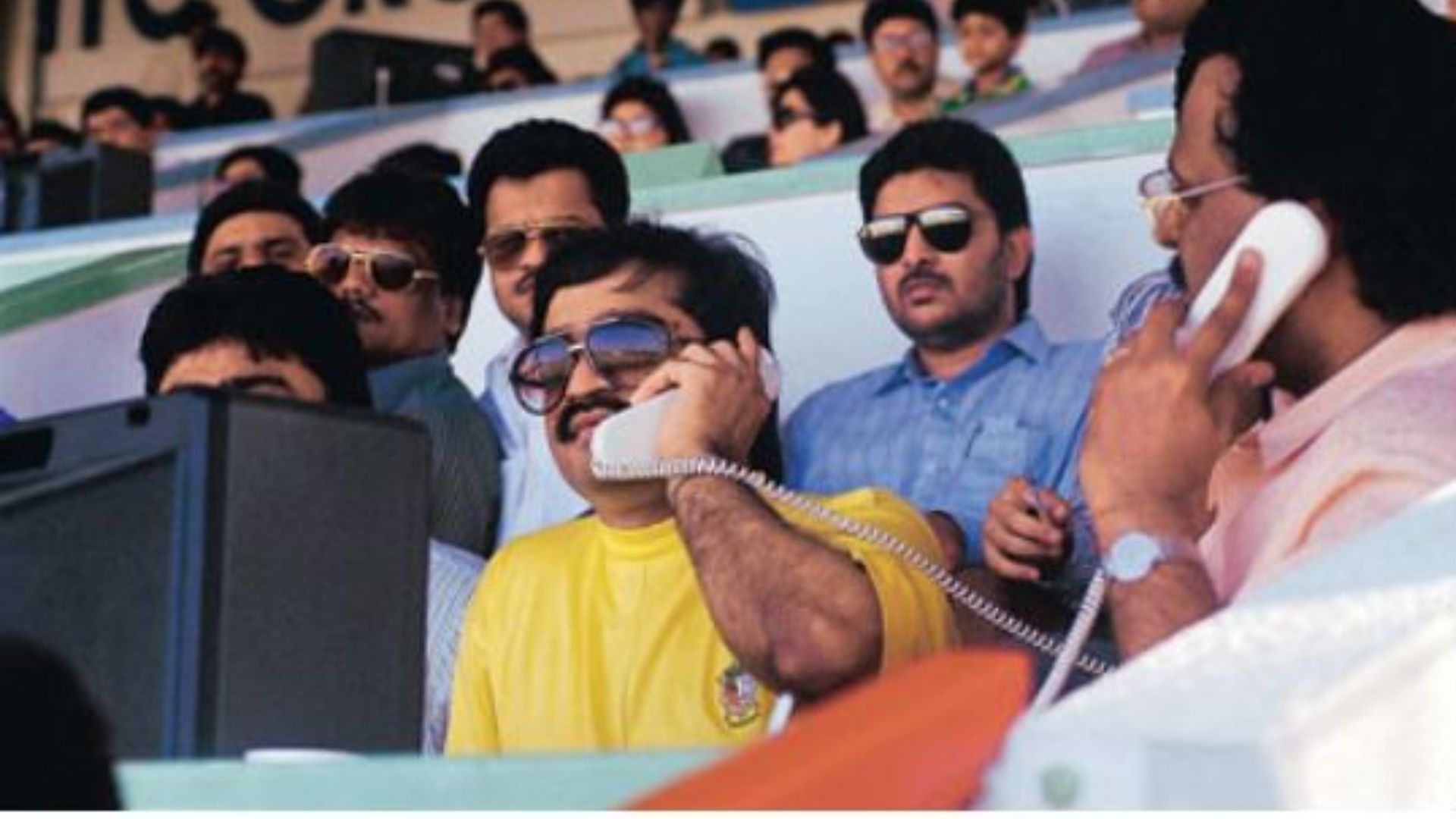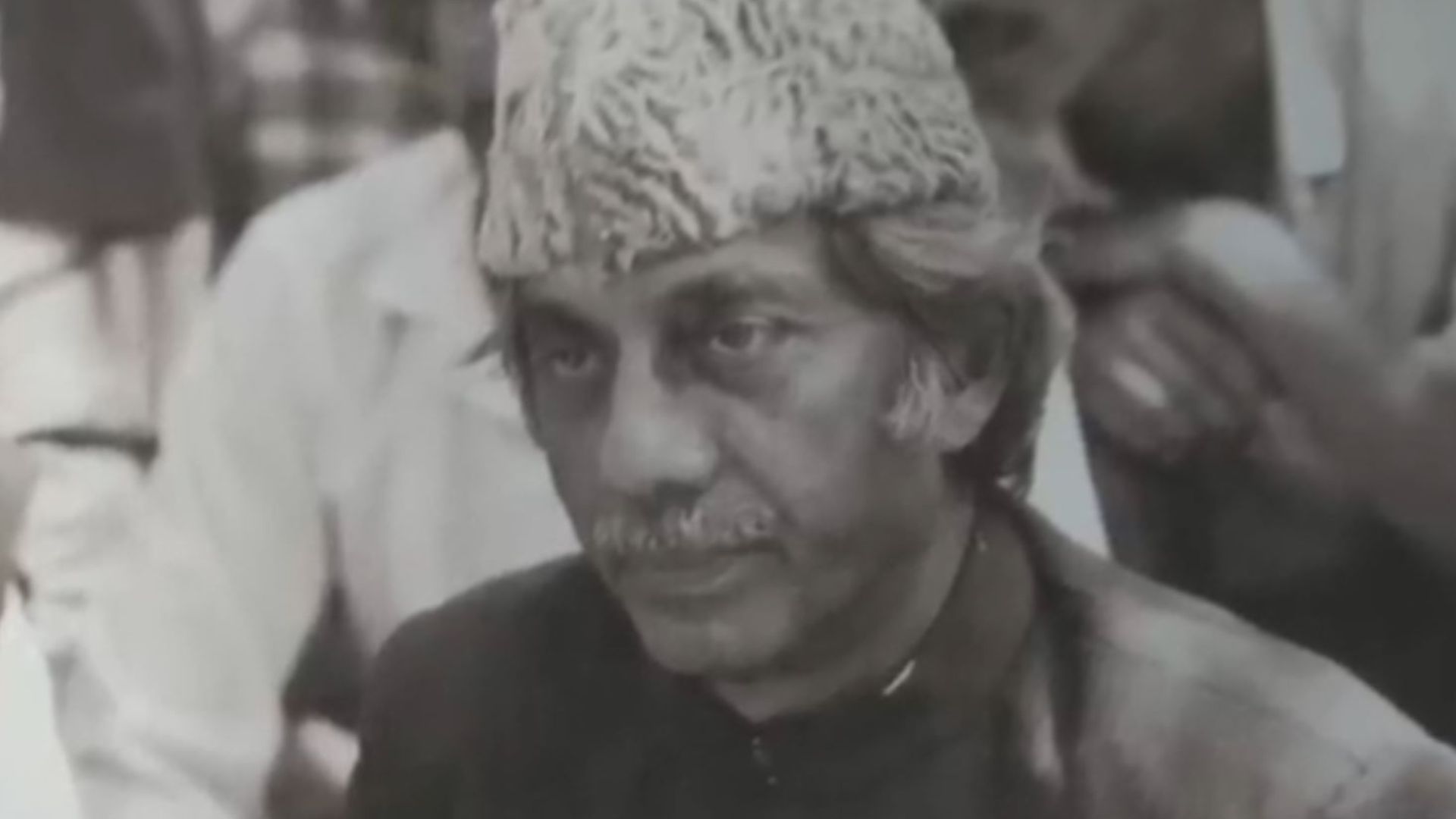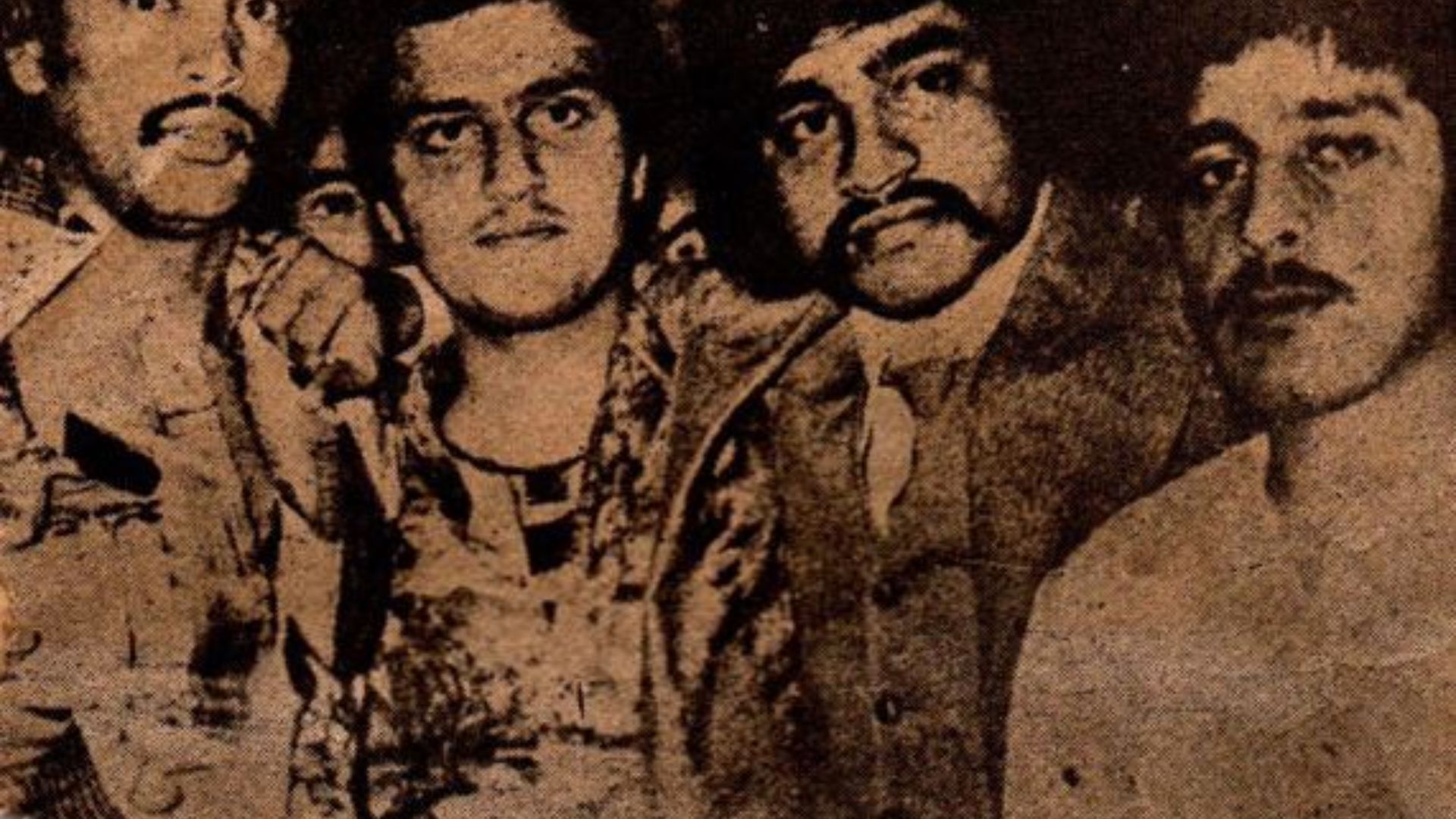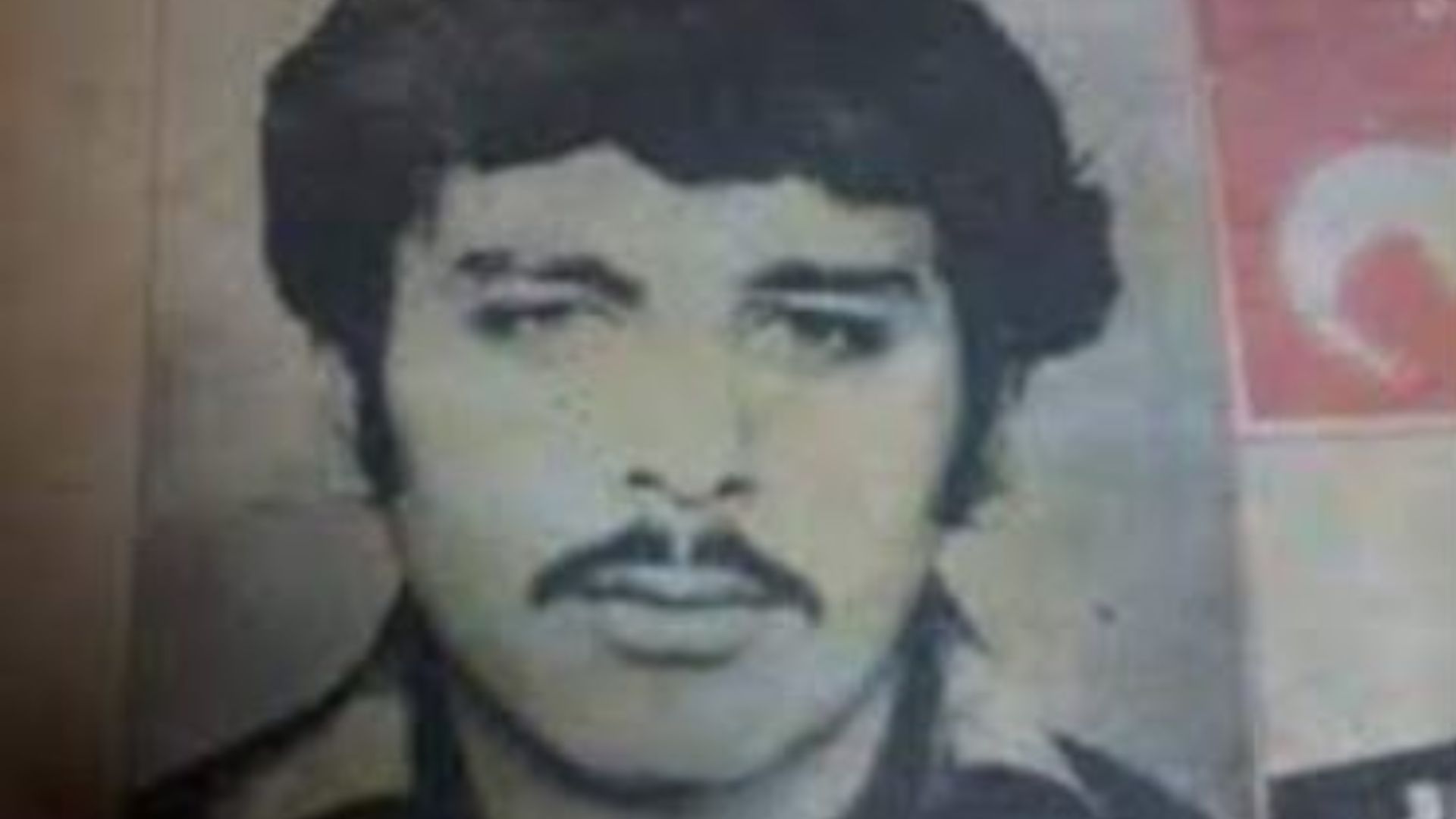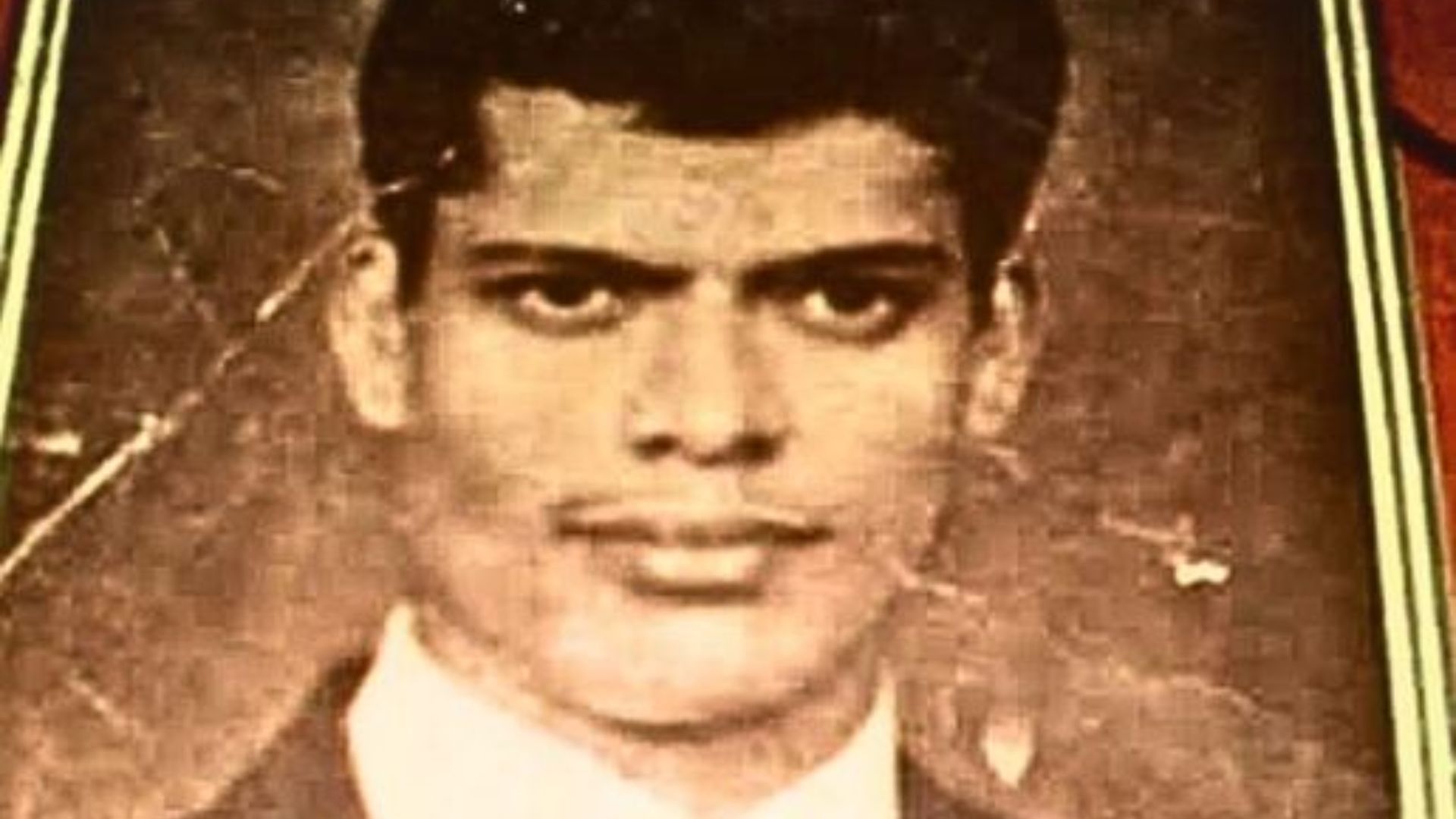EXCLUSIVE: The Untold Story of Underworld DON Dawood Ibrahim
Dawood Ibrahim : Following the country's independence in 1947, India entered a new era marked by heightened expectations and an increased emphasis on status symbols. The allure of Bollywood experienced a surge, captivating the masses with a fervent craze for movies. Film actors became icons, and their styles were widely emulated. This period witnessed the rise of flashy imported cars, watches, and clothing, reflecting a collective desire for affluence. The pursuit of wealth became paramount, prompting individuals to be conscious of their status.
Also Read: Haryana Government Receives Acclaim for Exemplary Governance Reforms: Chief Minister Khattar
Shimmering white tight clothes, imported watches, stylish glasses, and distinctive hairstyles became coveted symbols of the desired lifestyle. Consequently, the rampant growth in demand fueled widespread smuggling activities across the country.
The names of Haji Mastan, Karim Lala, and Varadharajan gained prominence during a period when the market for imported goods from Dubai and the Gulf, such as clothes and watches, was thriving. Due to a ban on importing gold and silver in the country, smuggling of these precious metals from Gulf countries surged. The demand for foreign gold and silver reached unprecedented levels. Mumbai, particularly under the influence of Haji Mastan and Karim Lala, became a hub for this illicit trade. While their activities were primarily centered around smuggling, their reputation extended beyond criminal pursuits.
Despite being considered criminals by the law, Haji Mastan, Karim Lala, and Varadharajan were known for their assistance to people, earning them a positive image as kind-hearted individuals. Their operations were characterized by a lack of violence or conflict, further contributing to their unique standing in the public eye.
.






